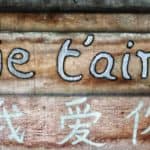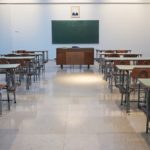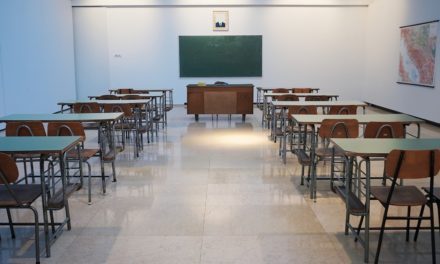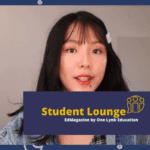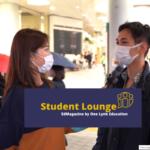
Australians worry about brain drain in research

Proposed research on climate activism and China was among the projects approved by the Australian Research Council but was vetoed by Stuart Robert, the interim education minister.
According to Robert’s spokesperson, the minister approved “98.98 per cent” of the 593 Discovery Projects recommended by the Australian Research Council (ARC), but not the following six:
- Playing conditions: how climate shaped the Elizabethan theatre
- National forgetting and local remembering: memory politics in modern China
- China stories under Xi Jinping: popular narratives
- Finding friendship in early English literature
- The cultural production of religion by science fiction and fantasy novels
- New possibilities: student climate action and democratic renewal
Education figures and the federal opposition have criticized Roberts’ announcement in December 2021.
According to Prof Brian Schmidt, vice-chancellor of the Australian National University, in a modern democracy, it was absolutely unacceptable for grants to be cancelled by politicians unless the grant conditions were not fulfilled.
Australia’s abrupt cancellation of several humanities projects approved for funding will make it harder to recruit and retain top researchers, leading academics have warned, with the country’s former prime minister Kevin Rudd condemning the political vetoes as “self-sabotaging” and “boneheaded”.
Ex-prime minister says cancellation of funding ‘betrays government’s hostility to higher education.
Several of Australia’s most renowned academics have now told Times Higher Education that they fear the ministerial vetoes may trigger a brain drain. This is because scholars decide against moving to the country or even quitting the system altogether.
Toby Walsh, a Scientia professor of artificial intelligence at UNSW Sydney said that he knew of a few people who have opted to quit academia because of the government decision.
Some academics feel that political interference can hurt research in the areas of humanities and the sciences and give an impression of suppressed academic freedom in Australia.
Alex Haslam, a psychology professor at the University of Queensland, said there is a “serious risk” that Australia will lose top academics due to the perceived opposition toward open academic inquiry.
“Speaking as someone who has moved to and from Australia many times in response to the tides of academic fortune, I can attest that these things make a material difference to people’s decision-making,” said Professor Haslam, who left the University of Exeter in 2012 to take up a laureate fellowship.
Lynette Russell, a former president of the Australian Historical Association, said that any claims that research should be insular and Australian focused in order to suit the federal government’s definition of national interest are simply not correct.
Duncan Ivison, deputy vice-chancellor (research) at the University of Sydney, said this “kind of political interference does present a significant threat to Australia’s outstanding global reputation for research and our ambitions for collaboration”. He stated that with the increase of political interference and more restricted funding, international collaboration would be more challenging.
Experts who selected projects for funding say the minister has undermined Australian Research Council processes. This is because assessing grant applications requires a high level of expertise and diligence which the minister simply lacked. After more than a month following the announcement by Minister Robert, two of the ARC College of Experts, Andrew Francis, Professor of Mathematics at Western Sydney University and Aidan Sims, Professor of Pure Mathematics at the University of Wollongong, decided to resign.




